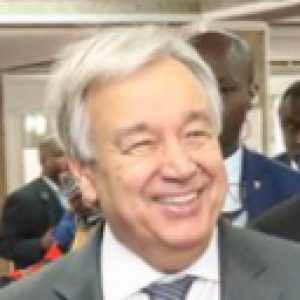Press Release
UN entities involved in this initiative
FAO
Food and Agriculture Organization of the United Nations
ILO
International Labour Organization
IOM
International Organization for Migration
UN-Habitat
United Nations Human Settlements Programme
UN Women
United Nations Entity for Gender Equality and the Empowerment of Women
UNAIDS
Joint United Nations Programme on HIV/AIDS
UNCDF
United Nations Capital Development Fund
UNDP
United Nations Development Programme
UNESCO
United Nations Educational, Scientific and Cultural Organization
UNFPA
United Nations Population Fund
UNHCR
United Nations High Commissioner for Refugees
UNICEF
United Nations Children’s Fund
UNODC
United Nations Office on Drugs and Crime
UNOPS
United Nations Office for Project Services
UNV
United Nations Volunteers
WFP
World Food Programme
WHO
World Health Organization




